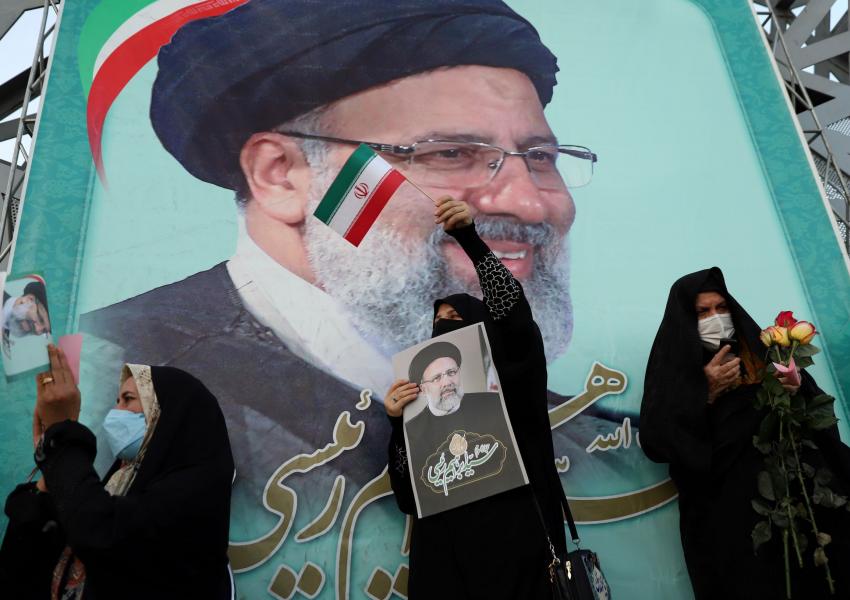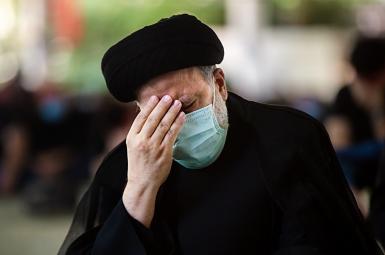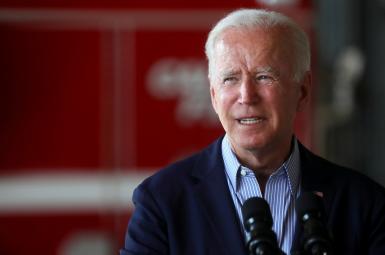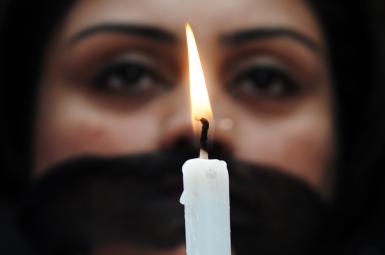
Analysts Warn Iran’s Raisi Of Crisis If He Ignores Disillusioned Voters
Iranian analysts warn that the election of ultraconservative Ebrahim Raisi as Iran's next president could give rise to social violence and conservative groups that seem to be united today may soon begin to squabble over their share of financial resources.
Zhoobin Saffari, a columnist at the proreform daily Ebtekar wrote on Sunday that both the conservatives who won and those who boycotted the election have claimed victory in the June 18 election. That leaves out reformists who are excluded from power. But he added that it is too early to speak of an end to reforms in Iran and warned both defeated reformists and the conservatives who claim victory, that a sizeable portion of the Iranian population has distanced itself from the ballot box.
He advised that all political groups in Iran need to listen to this disillusioned mass that is unhappy about the choices it has made in previous elections. Saffari concluded that despair and disillusionment is the other side of the coin for reformism's demise.
In previous elections, a sizeable portion of the electorate supported the leading reformist candidate believing that he can bring social freedoms and prevent conservative militant policies. But this time more than 50 percent of the electorate stayed away from bllot boxes.
Meanwhile, Saffari warned that ignoring the desperate mass and unilaterally furthering conservative policies will inevitably give way to an increasing wave of violence in the country.
Saffari also warned that although in the short run the possible release of some of Iran's assets and reduction of sanctions, in case of a deal with the United States, will provide funds the new government can use to tackle the country's urgent economic problems, but the new administration needs to start interacting with the world and to rebuild the people's trust in the government to be in a better position to face problems in the long run.
In other words, Raisi needs to be more moderate than his hardline supporters in order to remain in control of a society that cannot tolerate unilateralism and further economic hardship.
On the other hand, both Washington Institute Analyst Mehdi Khalaji who spoke with Iran International TV and Massih Mohajeri the chief editor of hardline daily Jomhouri Eslami in Tehran agreed that Raisi needs to make sure assets are released as a result of the negotiations, but both of them argued that this is not going to end his troubles for good.
Both Khalaji and Mohajeri said that the new government will have to throw money at most problems for a couple of years to patch up some broken parts. This will certainly reduce some of the current tensions in the Iranian society, but it will soon create differences within the conservative camp as every group would want the lion's share of the financial resources.
Meanwhile, Khalaji pointed out that it is not in the nature of the Iranian regime to be a consolidated political body, and that it will soon alienate some conservative groups to serve the interests of other conservatives.
Mohajeri also wrote that in order to surmount long-simmering problems and bring relief to Iranians, the new government needs to come to terms with its partners in the 2015 nuclear deal and accept conditions put forth by the international community to prevent money laundering and financing of terror, improve its ties with other countries, lift the ban on negotiations with the United States and stop implementing hardline cultural projects inside Iran.
In order to be able to do that, argued Mohajeri, the new administration led by Raisi needs to convince its hardline supporters not to obstruct these policies. Without keeping these hardliners at bay, Raisi cannot be successful in foreign policy, the conservative cleric warned.








